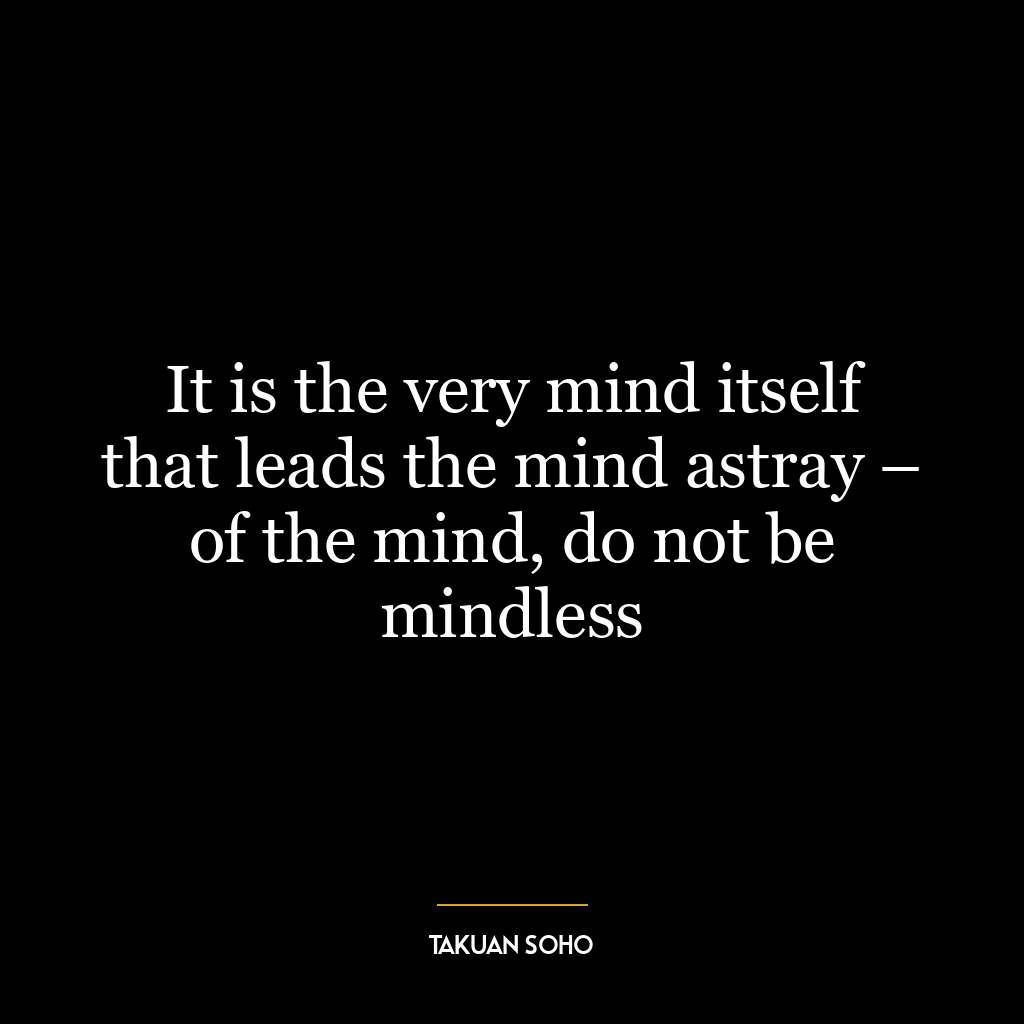Yuanwu Keqin Quotes
- Zen Buddhist monk and teacher
- China
- 1063
Yuanwu Keqin (1063-1135) was a Chinese Zen master and author of the influential Zen text, “The Blue Cliff Record.” He was a student of the renowned Zen master Dahui Zonggao and became the abbot of Baolin Temple in China. Yuanwu is known for his emphasis on the practice of “silent i…Read More
Yuanwu Keqin (1063-1135) was a Chinese Zen master and author of the influential Zen text, “The Blue Cliff Record.” He was a student of the renowned Zen master Dahui Zonggao and became the abbot of Baolin Temple in China. Yuanwu is known for his emphasis on the practice of “silent illumination” and his teachings on the importance of direct experience in Zen practice. His writings also explore the concept of “sudden enlightenment” and the role of koans in Zen training. Yuanwu’s works have had a lasting impact on the development of Zen Buddhism and continue to be studied and revered by practitioners today.Read Less
Yuanwu Keqin (1063-1135) was a Chinese Zen master and author of the influential Zen text, “The Blue Cliff Record.” He was a student of the renowned Zen master Dahui Zonggao and became the abbot of Baolin Temple in China. Yuanwu is known for his emphasis on the practice of “silent illumination” and his teachings on the importance of direct experience in Zen practice. His writings also explore the concept of “sudden enlightenment” and the role of koans in Zen training. Yuanwu’s works have had a lasting impact on the development of Zen Buddhism and continue to be studied and revered by practitioners today.
Yuanwu Keqin Career Highlights
- Yuanwu was ordained as a monk at the age of 18 and studied under the guidance of several prominent Zen masters, including Dahui Zonggao and Xuefeng Yicun.
- He became the abbot of Baofeng Monastery in 1225 and later served as the abbot of several other monasteries, including Lingyin Monastery and Tiantong Monastery.
- In 1238, he was invited to the imperial court to give lectures on Zen Buddhism to the emperor and his court officials.
- Yuanwu is best known for his compilation of the Blue Cliff Record (also known as Biyan Lu), a collection of 100 koans (Zen riddles) and commentaries by Zen masters. This work is considered one of the most important texts in Zen Buddhism.
- He also wrote several other influential works, including The Book of Serenity (also known as Shoyoroku) and The Record of Tung-shan (also known as Tung-shan Shou-ch’u).
- Yuanwu’s teachings and writings had a significant impact on the development of Zen Buddhism, particularly the Linji (Rinzai) school.
Key Contributions by Yuanwu Keqin
- Yuanwu’s most significant contribution was his compilation of the Blue Cliff Record, which is still studied and used as a teaching tool in Zen monasteries today.
- He emphasized the importance of direct experience and realization in Zen practice, rather than relying on intellectual understanding or theoretical knowledge.
- Yuanwu also emphasized the importance of meditation and the use of koans as a means of breaking through conceptual thinking and reaching a state of enlightenment.
- He is also known for his teachings on the concept of “one mind” or “original mind,” which refers to the inherent Buddha nature present in all beings.
What Sets Yuanwu Keqin Apart
- Yuanwu’s writings and teachings were highly influential in the development of Zen Buddhism, particularly the Linji school. His works are still studied and revered by Zen practitioners today.
- He was known for his direct and practical approach to Zen practice, emphasizing the importance of personal experience and realization over intellectual understanding.
- Yuanwu’s writings are characterized by their poetic and metaphorical language, making them accessible and inspiring to readers.
- He was also known for his humility and compassion, and his teachings often emphasized the importance of kindness and compassion towards all beings.
Takeaways
- Yuanwu Keqin’s contributions to Zen Buddhism have had a lasting impact and continue to be studied and practiced by Zen practitioners around the world.
- His emphasis on direct experience and realization in Zen practice is a reminder to focus on the present moment and let go of conceptual thinking.
- Yuanwu’s teachings on the concept of “one mind” remind us of the inherent Buddha nature present in all beings, encouraging us to cultivate compassion and kindness towards ourselves and others.
- His writings, with their poetic and metaphorical language, offer a unique and inspiring perspective on Zen practice and the path to enlightenment.








